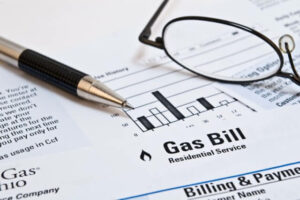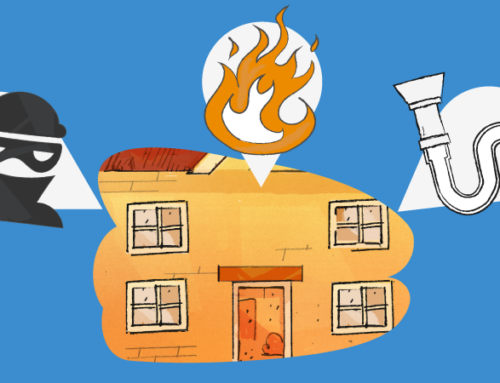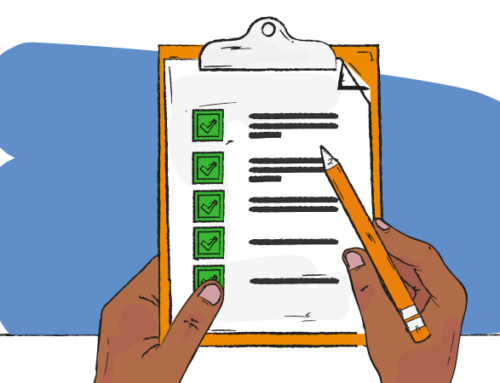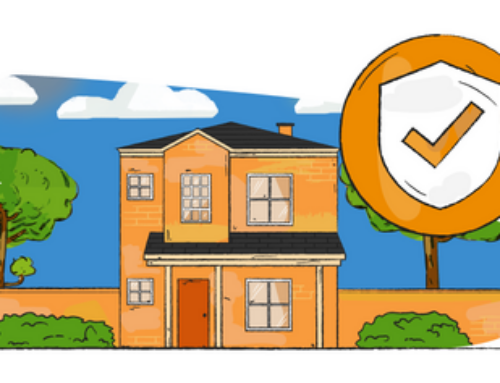Landlords and Utility Bills
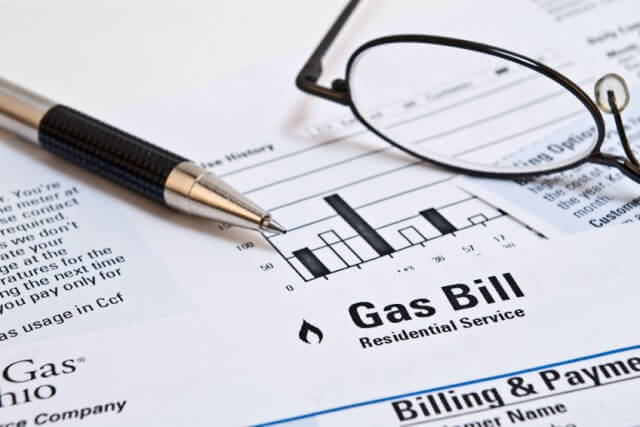
Everyone has to deal with utility bills, and during the winter months, the amount you spend on gas and electricity can really make a huge difference. This is true not only for you personally, but also for your tenants; if they start struggling to pay their utility bills, it could lead to them failing to pay their rent on time. This is why it is essential for all landlords to make sure their tenants are getting the best deal possible.
Each landlord has their own method when it comes to their tenants’ utility bills, as depending on the type of lettings you have, the way you deal with them needs to be adapted. For example, if you let student properties, you may want to pay the utility bills on their behalf as their tenancy is usually only for a year, however, this means you will also have to make time to talk to them if they have a query about costs.
Furthermore, if one of your tenants has an issue with their boiler or electricity supply, you will need to arrange for it to be fixed as quickly as possible. If you fail to do so, your tenants could claim that you are being negligent and that could lead to a whole world of problems. So here we look at everything you need to know about utility bills and how to manage them appropriately:
Who Should Pay? You vs. Your Tenants
When it comes to gas and electricity, the person who is responsible for paying depends firstly on whether the supply is already on when your tenants move into the property. If the gas or electricity is on, then whoever is living in the property is technically in charge of paying the bills, however, if you have your name on the bills, then you will be responsible. This is a very important issue to consider, especially if your property is going through a void period, as it means that even if a small amount of electricity is used, you will have to pay for it.
Before you start a new tenancy, you should therefore have already decided whether you or your tenants will be in charge of paying the utilities. Either decision has both pros and cons, including:
- Tenants Paying Pro: There is less paperwork for you to deal with each month. This is particularly helpful if you have a large property portfolio.
- Tenants Paying Con: If your tenants forget to make a payment and get cut off, you may have to step in to sort things out.
- Landlord Paying Pro: You will be able to purchase the gas and electricity supply from one company for all your properties, meaning you know that they are all getting the best deal.
- Landlord Paying Con: If one or more of your tenants has an issue with the supplier, you will be responsible for settling the matter, which could take a considerable amount of time.
How Can Your Tenants Save Money?
When it comes to utility bills, all your tenants will want the same thing – the cheapest deal available. Helping them find the best deal will not only keep your tenants happy, but there will also be less chance of them falling into rent arrears, leading to you having to claim on your rent guarantee insurance. One of the simplest ways to save your tenants money on their utility bills is to check each year that your supplier is still offering a competitive price for the services they offer. Don’t forget that while some providers may seem more expensive, their deals could include boiler servicing, so in the long run, you could save money.
Time to Get Eco-Friendly
Another way to save money on your tenants’ utility bills is to make sure your property is energy efficient. The Government has already announced that by 2018, all private rented accommodations must have an energy efficiency rating of at least E, otherwise they will no longer be eligible for letting. Improving your properties’ energy ratings could simply mean investing in some insulation and draught excluders, however, for particularly old properties, you may have to plan a proper renovation.
- Save money on your gas and electricity bills. (n.d.). Retrieved from the Money Advice Service website: https://www.moneyadviceservice.org.uk/en/articles/save-money-on-your-gas-and-bills
- Who is responsible for paying the energy bills?. (n.d.). Retrieved from the Citizens Advice Bureau website: https://www.adviceguide.org.uk/england/consumer_e/consumer_energy_and_water_supply_e/consumer_energy_supply_e/consumer_energy_bills_e/consumer_understanding_your_energy_bill_e/who_is_responsible_for_paying_the_energy_bills_.htm
Disclaimer: This article is for information only and is not official guidance, FCA approved, or legally precise. Just Landlords has used all reasonable care in compiling the information but make no warranty as to its accuracy. If you require information on landlord legislation or best practices please contact your legal representative. For details see our conditions.

